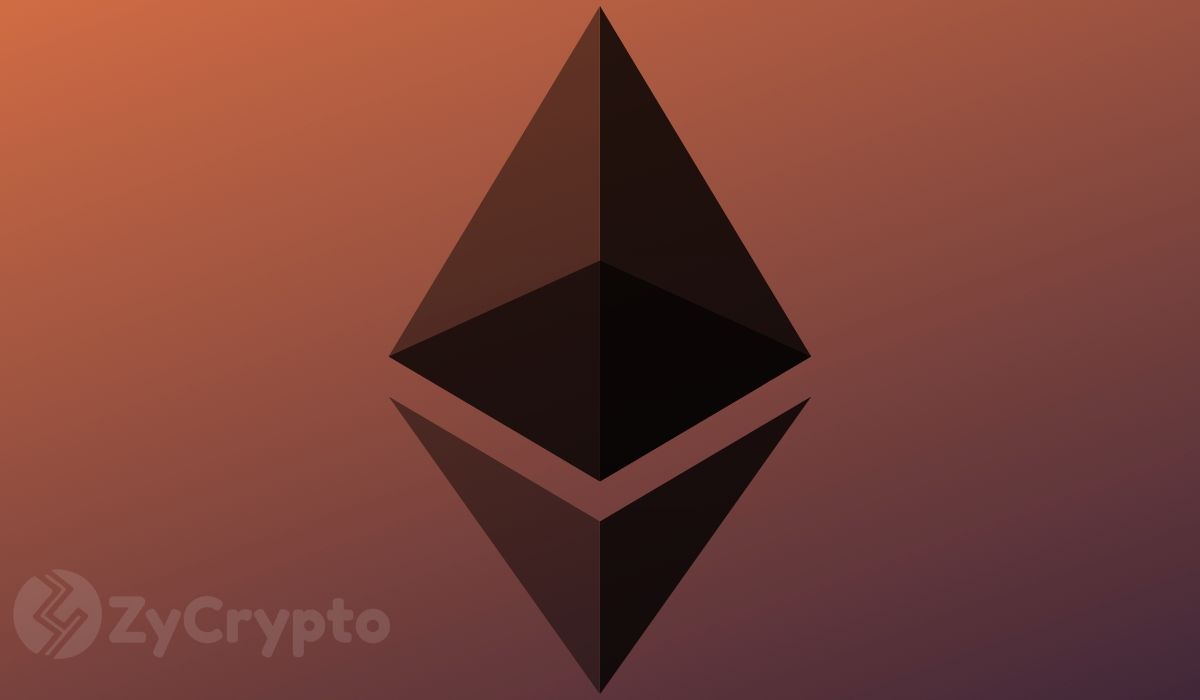ARTICLE AD BOX

Ethereum has entered a new regime dominated by low network revenue generated from fees after its March Dencun upgrade. But this has turned the network’s native token, ether, into an inflationary currency, according to CryptoQuant.
Ethereum Remains Inflationary
Ethereum users during the past bull markets complained about exorbitant gas fees, with the network prone to congestion due to increased activity from non-fungible token (NFT) trading and decentralized finance (DeFi). Those days are long gone following the execution of the Dencun upgrade.
Analysts at on-chain data firm CryptoQuant noted in a May 8 research report that the median ETH transaction cost today is roughly four times lower than before Dencun went live when comparing periods of similar network activity.
While the development is positive for Ethereum users who can conduct transactions cheaper than before, it affects ETH’s supply by keeping it inflationary by permanently destroying fewer tokens than new issuance.
“We conclude that, at the current rate of network activity, Ethereum will not be deflationary again, and the narrative of ‘ultrasound’ money has probably died or would need much higher network activity to come back to life,” CryptoQuant posited.
The term “ultrasound money” has been a long-running meme held among Ethereum enthusiasts, which mocks Bitcoiners who describe Bitcoin as “sound money” due to its fixed supply of 21 million. The term became even more popular after the September 2022 Merge event, which slashed the issuance rate of new ETH by 90%. This pushed it below the amount that the network destroyed through fees.
But with ETH’s inflation rate back above zero, the crypto has effectively lost its ultra-sound status — and an upswing in network activity might not restore it. As pointed out by CryptoQuant, fees burned on the Ethereum blockchain were positively correlated with the network activity until Dencun went live, after which they dropped dramatically.
Data provided by Ultrasound Money shows that Ether supply has been rising at an annual rate of 0.559%, which is still higher than Bitcoin’s 0.835% rate following the April blocks rewards halving event.
.png)
 6 months ago
3
6 months ago
3
 (@zatoichi42)
(@zatoichi42) 







 English (US)
English (US)